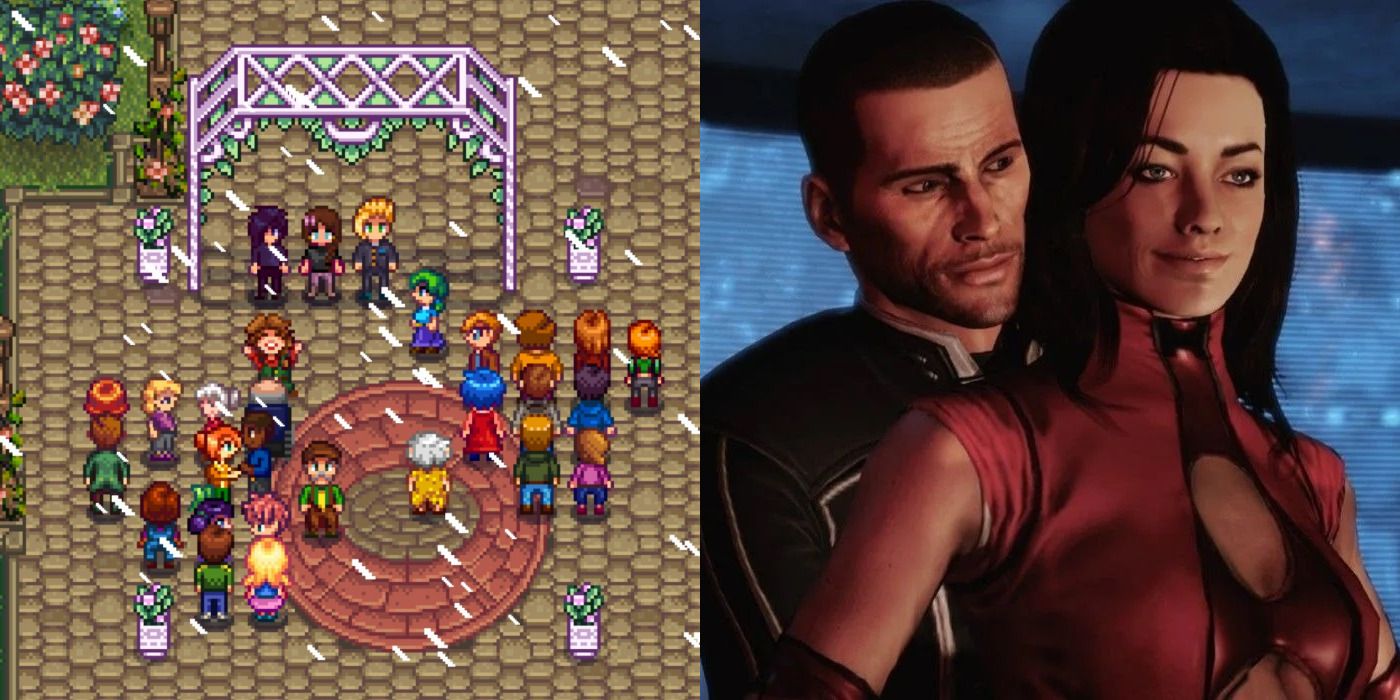
As narratives in games have developed, more and more designers are looking to build games that allow relationships to grow between their characters. Be it just with the protagonist or between NPCs, the more friendships and relationships can grow between characters in a game world, the more alive it feels.
RELATED: 10 Games With Great Stories (But Mediocre Gameplay)
However, not all games with relationship mechanics make the most of them. Many games give the player an option as to who to romance, but their decision ultimately makes no difference to the experience. The best games with relationship building are the ones that give those relationships meaning, either in the story or the gameplay.
10 Animal Crossing: New Horizons
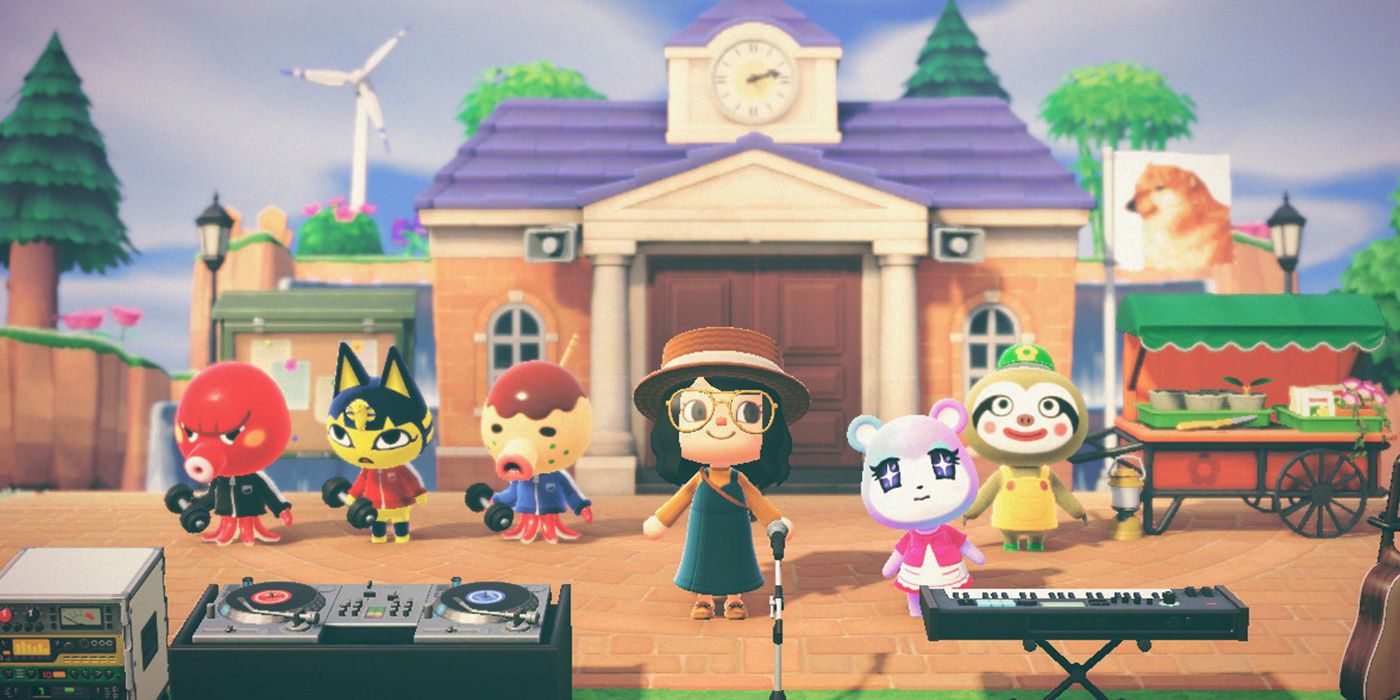
Being some of the only characters the player interacts with during Animal Crossing: New Horizons, the villagers are one of the focal points of the gameplay. While players will form unique relationships with some villagers for reasons outside of the game, the game holds mechanics to grow relationships within it.
While relationships can never evolve beyond friendships, giving gifts and regularly talking with villagers on the island will grow the player's friendship level with them. Become good enough friends with a villager, and players will get cute benefits such as getting to choose a nickname or a photo of them to place around the house.
9 Dragon Age: Inquisition
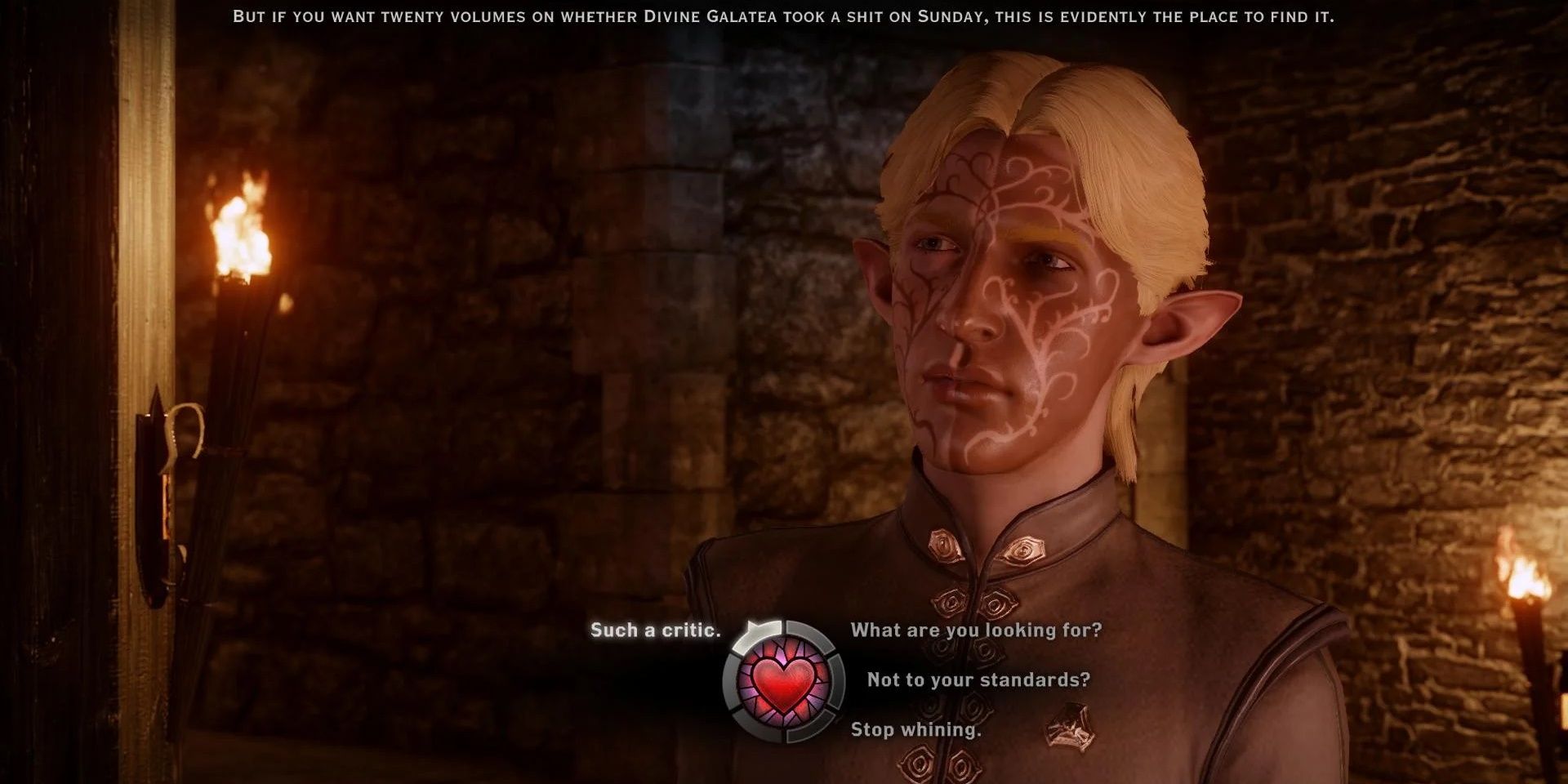
The Dragon Age series has always invested heavily in giving good romance options to its players. As a result, relationships in these games always feel like more than just two people vaguely flirting and occasionally kissing. Much like all of Dragon Age's story elements, they strive to have consequences.
Party members and Advisors in Dragon Age: Inquisition will have an opinion on almost everything the player does during their adventure. Their hidden approval rating will change their disposition towards the player. Additionally, the player's choice of romance will have lasting consequences, as non-romanced characters may go on to start their own relationships without the player's input.
8 Fire Emblem: Three Houses
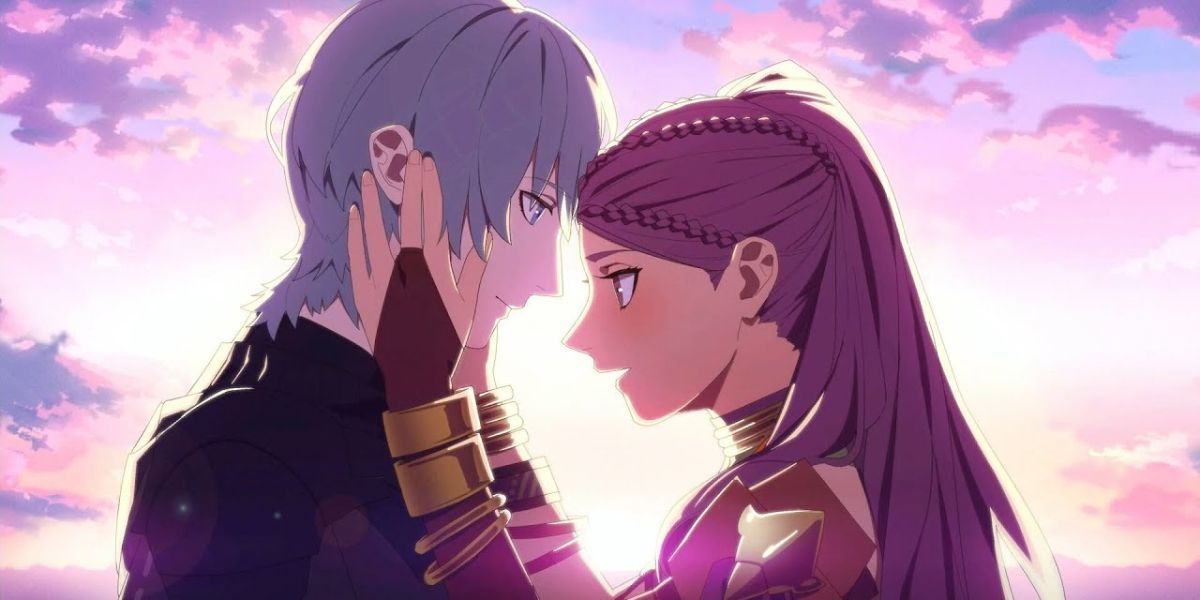
The Fire Emblem games have always put an emphasis on its characters and how they interact with each other. The "Support Scenes" that characters get when they reach a high enough relationship with each other is one of the unique selling points of the franchise.
RELATED: Fire Emblem: Three Houses - Which Character Are You, Based On Your Zodiac?
The story benefits aren't the only reasons to build character's relationships, though. Characters who have good relationships will grant boosts to each other when fighting in adjacent tiles on the battlefield. Fire Emblem: Three Houses makes special use of these benefits. The Gambit system is heavily influenced by nearby allies on the battlefield.
7 Stardew Valley
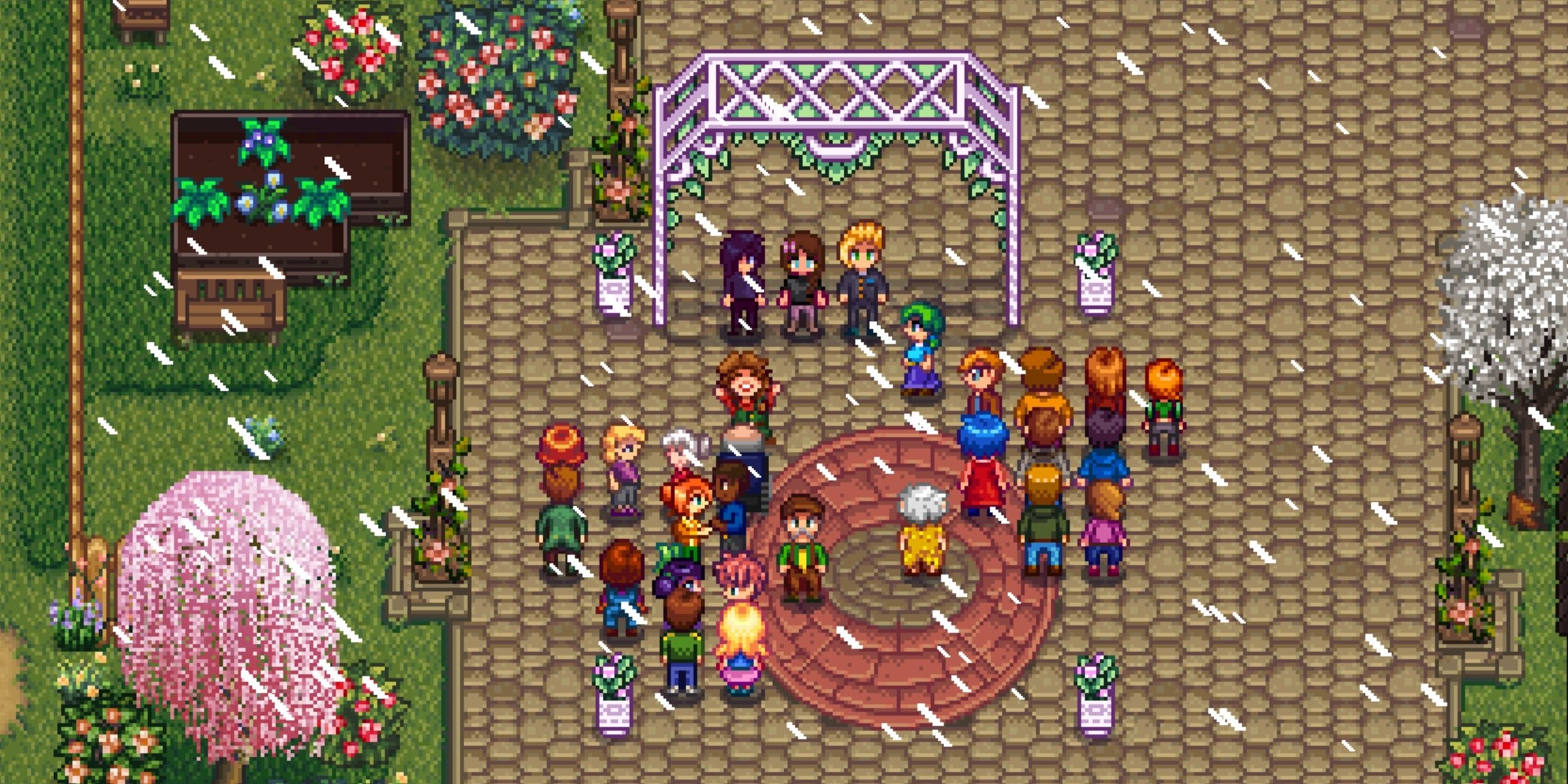
A game about living a peaceful life in a rural village, Stardew Valley encourages players to get involved as much as possible in village life and get to know all the people around. As such, every villager has their own relationship meter. The player can fill or drain this gauge depending on their actions.
Reaching high levels of friendship with any villager will grant players deeper insight into their life and personality. For a select few villagers, this can develop into a romance. Getting married and having children is one of the goals that determines the player's success in Stardew Valley, which makes building these relationships a rewarding experience.
6 XCOM 2
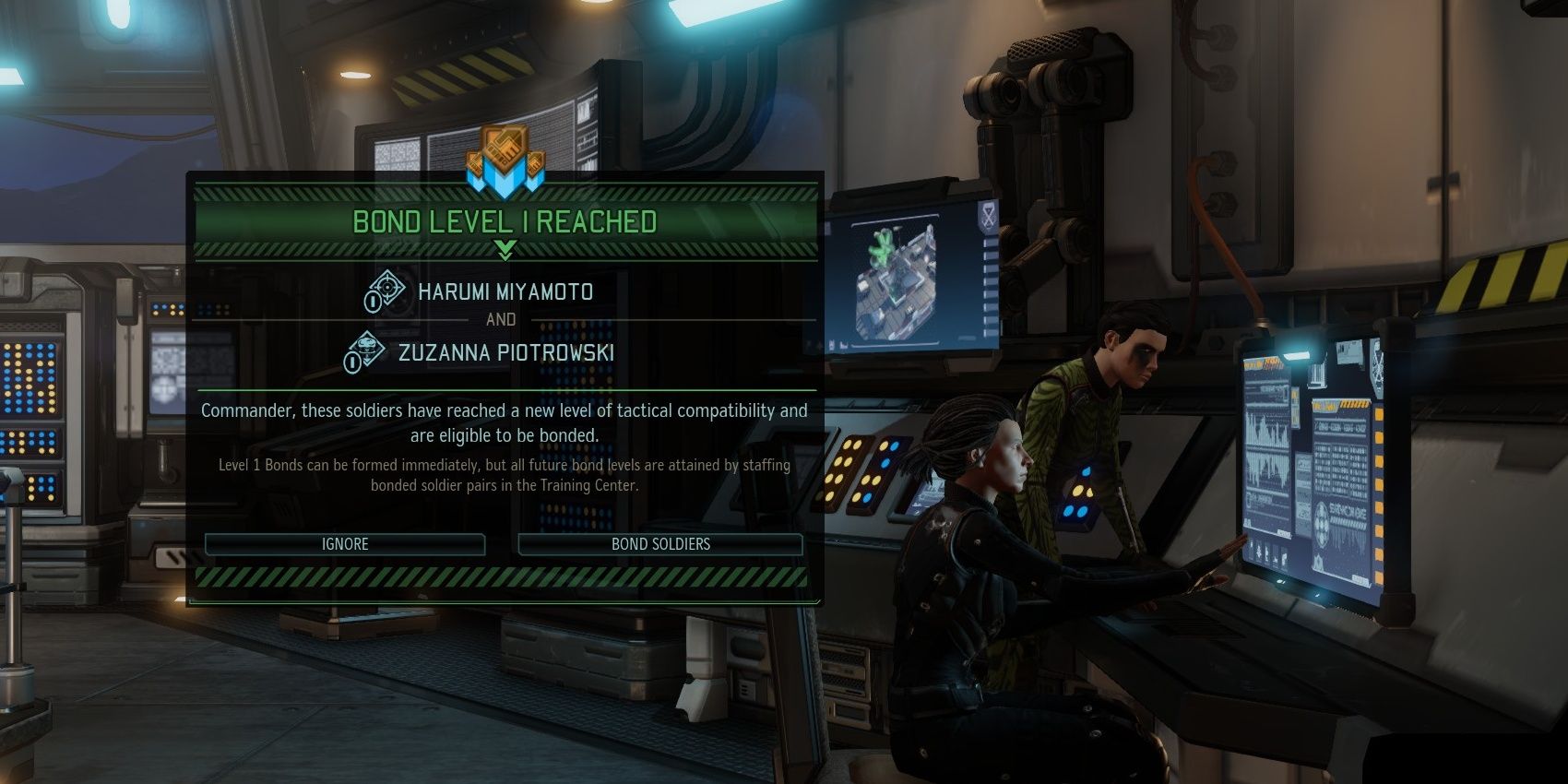
Part of what makes the XCOM series so great is the ability to come away from it with heart-racing war stories. These range from of the time a soldier landed a 1% shot that saved another soldier's life, or when someone missed a 99% shot that ruined the mission.
XCOM 2 looked to capitalize on this in the War Of The Chosen DLC with the 'Bonding' mechanic. If two soldiers had spent enough time on the battlefield together, they would form a bond. This could level up and grant hugely beneficial abilities on the battlefield. Media has often told stories of how the bonds between soldiers are like no other bonds in the world, so it was nice to see that come to life in XCOM.
5 Miitopia

In this cult-hit of a JRPG, Miitopia's relationship system is one of its core mechanics. The interactions between the various Miis players create is one of the key selling points of the game. Additionally, it goes deeper than just some cute cutscenes.
RELATED: 10 Pro Tips For Miitopia You Need To Know
Building high relationships can grant many beneficial abilities for the overworld and battlefield. Making sure every Mii has good relationships with each other is vital to the party's success in the tougher fights. Even the horse gets a look-in in the Switch re-release.
4 Xenoblade Chronicles
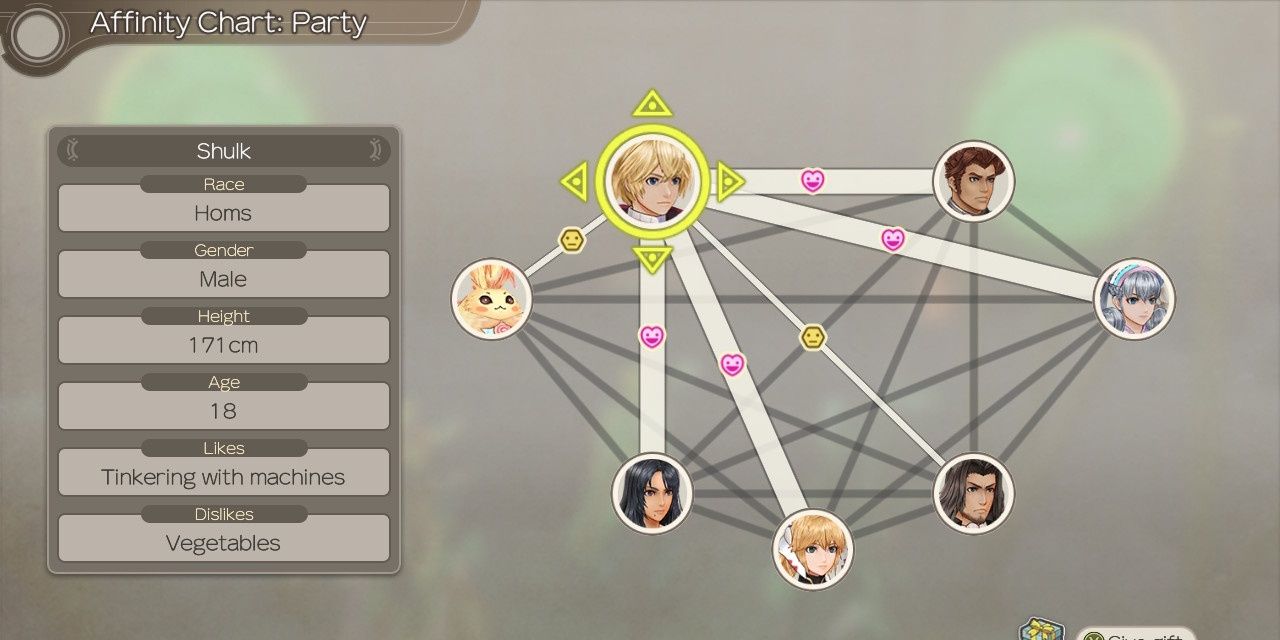
With one of the best JRPG stories ever, Xenoblade Chronicles lives and dies by its characters and how they interact. Due to this, the 'Affinity' system becomes one of the most crucial mechanics of the game. Like with most games, raising the affinity level between certain characters will unlock "heart to heart" scenes. Here, characters learn more about each other in a one-on-one setting.
However, this mechanic goes deeper. Each new level of Affinity offers new "Skill Link" slots for each character. With this feature, characters can borrow each other's unique abilities if their Affinity is high enough, creating a deep impression of the characters growing together as a team.
3 Persona 5

A series lorded for its in-depth stories and endearing characters; several Persona games feature relationship building mechanics. However, Persona 5's "Confidant" system is by far the most developed and meaningful.
While the "Social Link" system of previous Persona games gave benefits in relation to Persona Fusions, the Confidant system gives much greater rewards in battle. This makes each character's bonds to feel far deeper as a result. What's more, this system is inherently tied to the game's main plot. The relationships are just one factor that led to to Persona becoming one of the leading franchises when it comes to narratives in JRPGs.
2 Pokemon
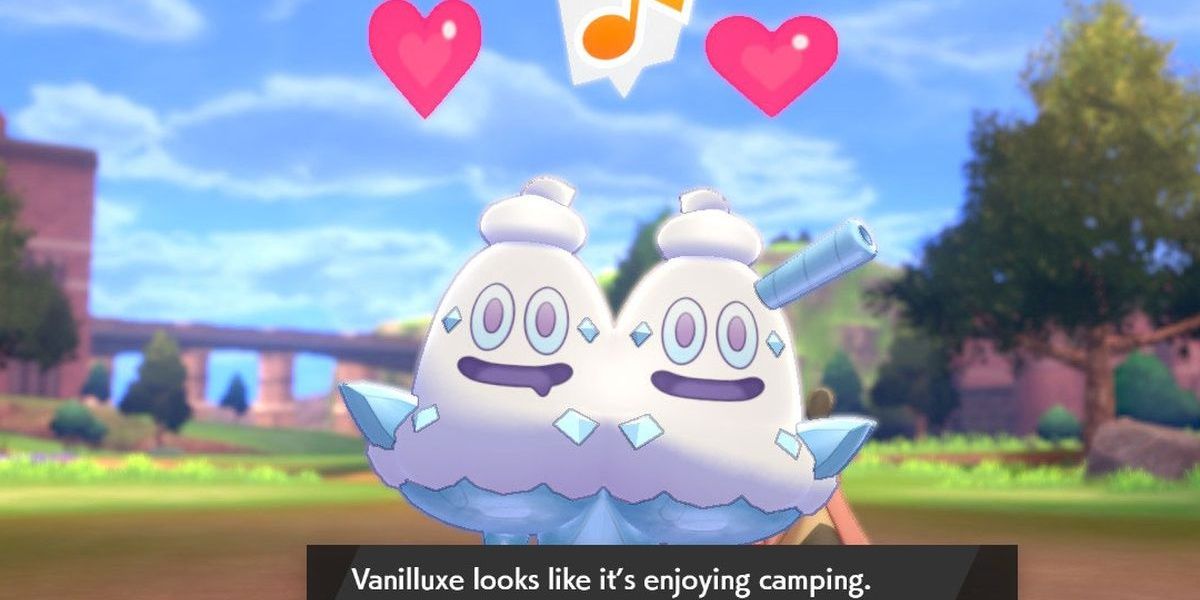
"Friendship" has been a mechanic in Pokemon since Pokemon Yellow, where it was exclusively attributed to the partner Pikachu. However, since Generation II, the friendship of Pokemon has taken on several different purposes. Firstly, it determines how powerful moves like Return and Frustration are. Additionally, many Pokemon also require high levels of friendship to evolve.
RELATED: Pokemon Diamond & Pearl: 7 Major Issues That Must Be Fixed In The Remakes
This mechanic shows how a strong bond pushes both Pokemon and trainer to be their best. This was pushed even further in Generation VI with the "Affection" mechanic. It could grant benefits in battle such as a higher critical hit chance or a chance to hang on with 1HP on hits that would've otherwise KO'ed.
1 Mass Effect: Legendary Edition
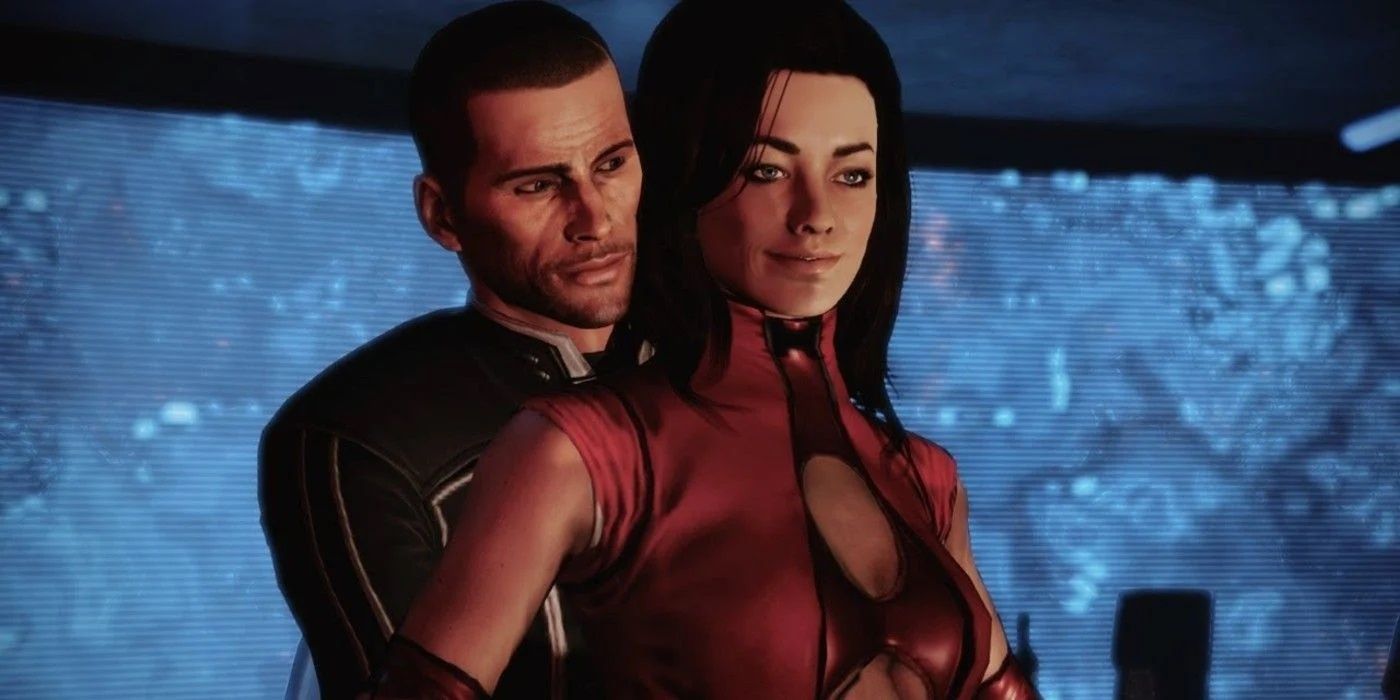
The interlinking narrative between the original Mass Effect trilogy games has earned the series a crown as one of the all-time great narrative games. One of the key features in creating such a rich narrative is the game's crewmates, and how their relationship with Shepard can evolve throughout the series.
The "Loyalty" mechanic in Mass Effect 2 is the most impressive of these systems. Here, Shepard must complete personal missions to earn their crew's loyalty, instead of just being nice to them. This system enhances the experience of Mass Effect 3 by association. Many plot-crucial events in the third title can go differently depending on how loyal certain members of the crew have become to Shepard. When it comes to relationships with long-lasting consequences, no series has come close to Mass Effect's mastery.

